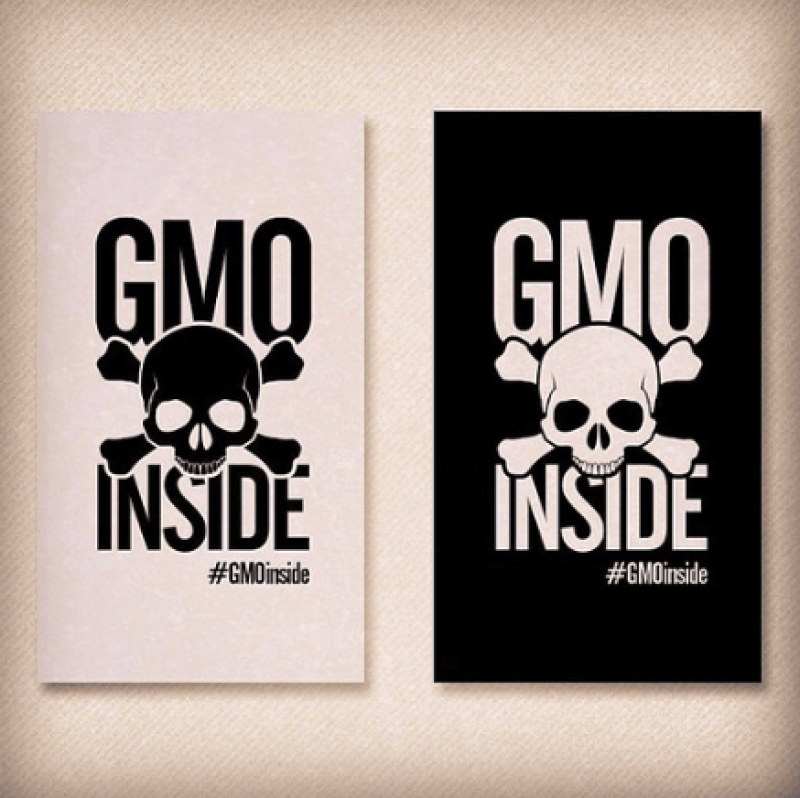The GLP aggregated and excerpted this blog/article to reflect the diversity of news, opinion and analysis.
I wrote recently about Mark Lynas. . .who is arguing that we should give in to the popular opinion on labeling GMOs and try to work with it. Once GMOs are labeled people will realize that the sky did not fall and everything will be OK.
Now James McWilliams essentially repeats the same argument.
. . . .
I disagree. I prefer to go down fighting.
Both Lynas and McWilliams base their acceptance of GMO labeling on cautious optimism – that the public debate is changing public opinion. I do agree that this is happening to some extent. . . .
Now that skeptics and journalists are paying attention and starting to fight back, the tide is turning a bit. . . .
But if surveys are any indication, I think we are only getting to those people who care about facts and accuracy. . . .
. . . .
Sure – students, journalists, and science communicators who take a deep look at the GMO controversy are likely to conclude that GMOs are safe and the anti-GMO talking points are all misleading at best. But this does not extend to the majority of the public.
. . . .
We also have to remember that the GMO labeling movement is not just based in misguided fear of GMOs, it is a dedicated anti-GMO plan. The Genetic Literacy Project has gathered some telling quotes, and we should take anti-GMO advocates at their word.
. . . .
Mandatory labeling simply makes no sense. We should oppose it, despite public opinion. . . . If we hold the line against labeling long enough, perhaps then we will have had time to significantly shift public opinion. Giving in now would be an epic mistake.
Read full, original post: Trump and GMO Labels – Never Means Never































